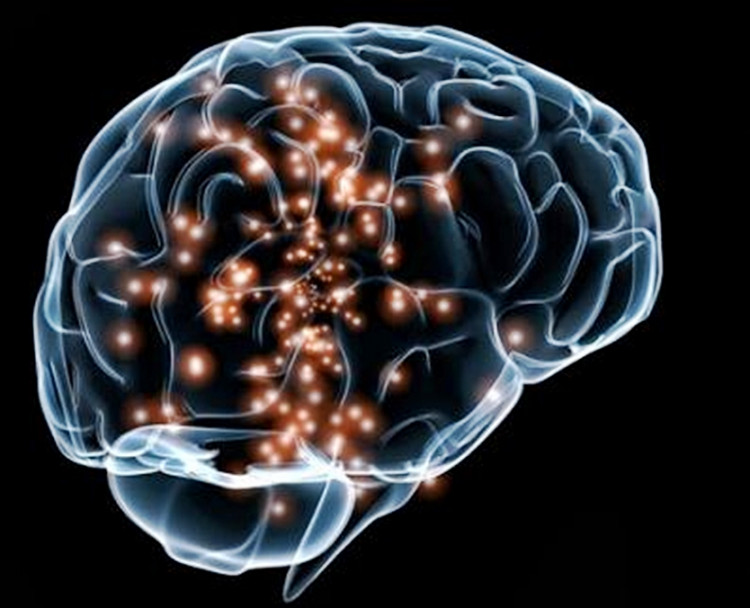A program funded by the U.S. Defense Advanced Research Projects Agency (DARPA) is claiming a breakthrough that might significantly improve the treatment of anxiety, depression, and other mood disorders using implanted devices in the human brain.
This program called SUBNETS (Systems-Based Neurotechnology for Emerging Therapies) has a military origin. It was launched with the aim of improving the health of U.S. soldiers by using neurotechnology as the basis for effective and precise treatments for neuropsychiatric illnesses such as depression, neurotic complaints, , mood disorders and hallucinations, among many others.
DARPA said the effects of these illnesses can be aggravated by war, traumatic injuries and other experiences. It admits these neuropsychiatric illnesses remain challenging to treat. It also pointed out the limited effectiveness of current treatment approaches such as surgery, medications, and psychotherapy.
These treatments are imprecise and not universally effective but do often help alleviate the worst effects of these illnesses. This is where SUBNETS comes in.
Using SUBNETS, DARPA wants to build the technologies required to deliver relief to patients with otherwise intractable neuropsychiatric illness.
DARPA is taking pains to clarify that SUBNETS is distinct from current therapeutic approaches. SUBNETS will create an implanted, closed-loop diagnostic and therapeutic system for treating, and possibly even curing, neuropsychiatric illness. This is a game-changer, however one looks at it.
DARPA contends this vision is premised on the understanding that brain function -- and dysfunction in the case of neuropsychiatric illness -- involves distributed neural systems. It's not strictly relegated to distinct anatomical regions of the brain.
A huge step to realizing DARPA's aims for SUBNETS was taken recently when scientific teams funded by DARPA reported what they say are breakthroughs that could pave the way for better treatment of neuropsychiatric illness.
This achievement involved researchers from the University of California, San Francisco (UCSF); Massachusetts General Hospital and the University of Southern California (USC).
These teams are trying to develop the responsive, closed-loop therapies sought by DARPA that can help treat neuro-psychiatric illnesses. They reported their results in three separate studies.
In the first study, USC researchers detailed a new technology that can analyze and decode recorded neural signals to predict changes in mood.
The second study saw the team identify a specific sub-network of the brain that likely contributes to low mood, especially in individuals vulnerable to anxiety. In the third study, UCSF researchers said they used open-loop neural stimulation to successfully relieve the symptoms of moderate to severe depression in a number of patients.
The unilateral neural stimulation of the lateral orbitofrontal cortex (OFC) region of the brain modulated a sub-network that contributes to depression. It produced acute, dose-dependent mood improvement in research participants suffering from moderate-to-severe baseline depression.
These results suggest lateral OFC stimulation is effective in normalizing pathological activity in circuits that mediate mood variation.






